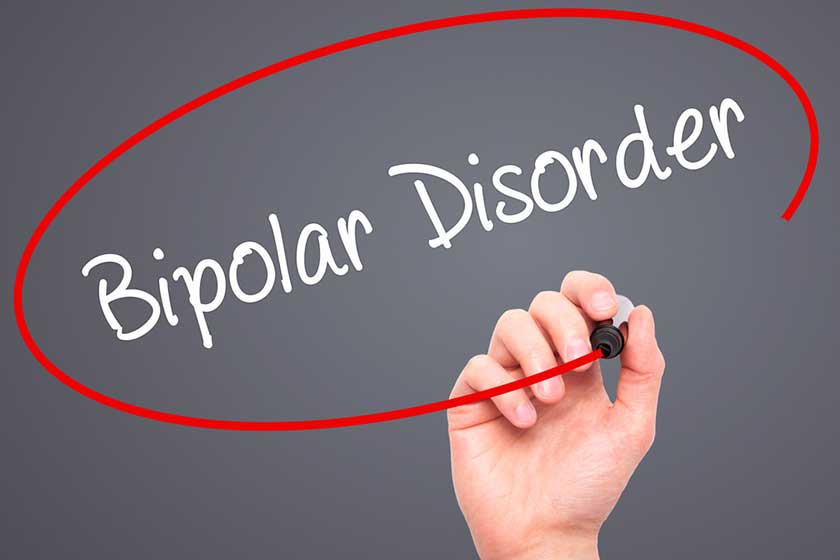The elderly have many health issues that can cause them to be more prone to mental illness. The most common disease for older adults is depression. However, bipolar disorder is also prevalent among the elderly.
Bipolar disorder is a mental illness that causes extreme mood swings from mania and depression. You must understand how to recognize the symptoms of bipolar disorder when caring for an elderly loved one. Identifying this early on can help reduce their anxiety and prevent them from making irrational decisions due to their illness. They can squander money or have dangerous accidents while driving.
Making sure they receive the right treatment can help ensure they have a healthy lifestyle and get the most out of their time in a senior care facility in Midlothian, VA.
Medicinal Treatment
The most common form of treatment for bipolar disorder is medicinal. Medicines can help to control the symptoms of bipolar disorder, but they are not a cure for it.
Your doctor may prescribe different types of medicines to treat your symptoms. These include:
- Mood stabilizers and anticonvulsants: These medications help to stabilize mood swings and prevent rapid changes in energy levels or sleep patterns.
- Antidepressants: These medications can sometimes treat depression when combined with other disorders such as ADHD or schizophrenia. However, experts don’t recommend using antidepressants unless other treatments have failed because they’re often ineffective against bipolar depression alone.
Medical treatments aim to balance moods so that a person with bipolar disorder feels better overall.
Psychological Therapy
Psychological therapy is a form of treatment that helps to manage the symptoms of bipolar disorder. Psychological therapy can treat anxiety, depression, and other mental health issues.
Psychological therapies include:
- Cognitive Behavioral Therapy (CBT): This focuses on changing negative thinking patterns and behaviors so that an individual can have a more positive outlook on life.
- Interpersonal Therapy (IPT): IPT focuses on improving relationships between clients and their loved ones.
- Problem-Solving Therapy: This involves working with patients to identify problems within certain areas, such as work or family life.
Electroconvulsive Therapy (ECT)
ECT is a treatment used to treat severe depression, and it is most effective when used as a last resort. It is a safe and effective treatment for severe depression, but it is not without risks. The procedure can cause memory loss or confusion, which can be temporary. However, some people have long-term problems with memory loss after ECT treatment.
Because this is considered invasive, your loved one must undergo a medical examination before being admitted into the nursing home for this treatment. This ensures they do not have any health conditions that might prevent them from receiving ECT safely or effectively.
Individual and Group Counseling
Counseling is a great way to understand the illness and learn how to cope with it. It can also help you manage the illness so that it does not control your life but becomes part of who you are.
In an individual session with a professional counselor, you can talk about any fears or concerns arising from bipolar disorder. They’ll also help you learn ways to deal with them effectively. The counselor may also provide suggestions on managing stressors in your life so they don’t trigger episodes of mania or depression.
Conclusion
The greatest thing about a senior care facility is that it provides the best treatment for older adults with bipolar disorder. These communities have trained team members to help manage symptoms and provide care for those who need assistance with daily tasks such as bathing and dressing. The environment is also structured so that residents don’t feel isolated from others while they receive their treatment.







